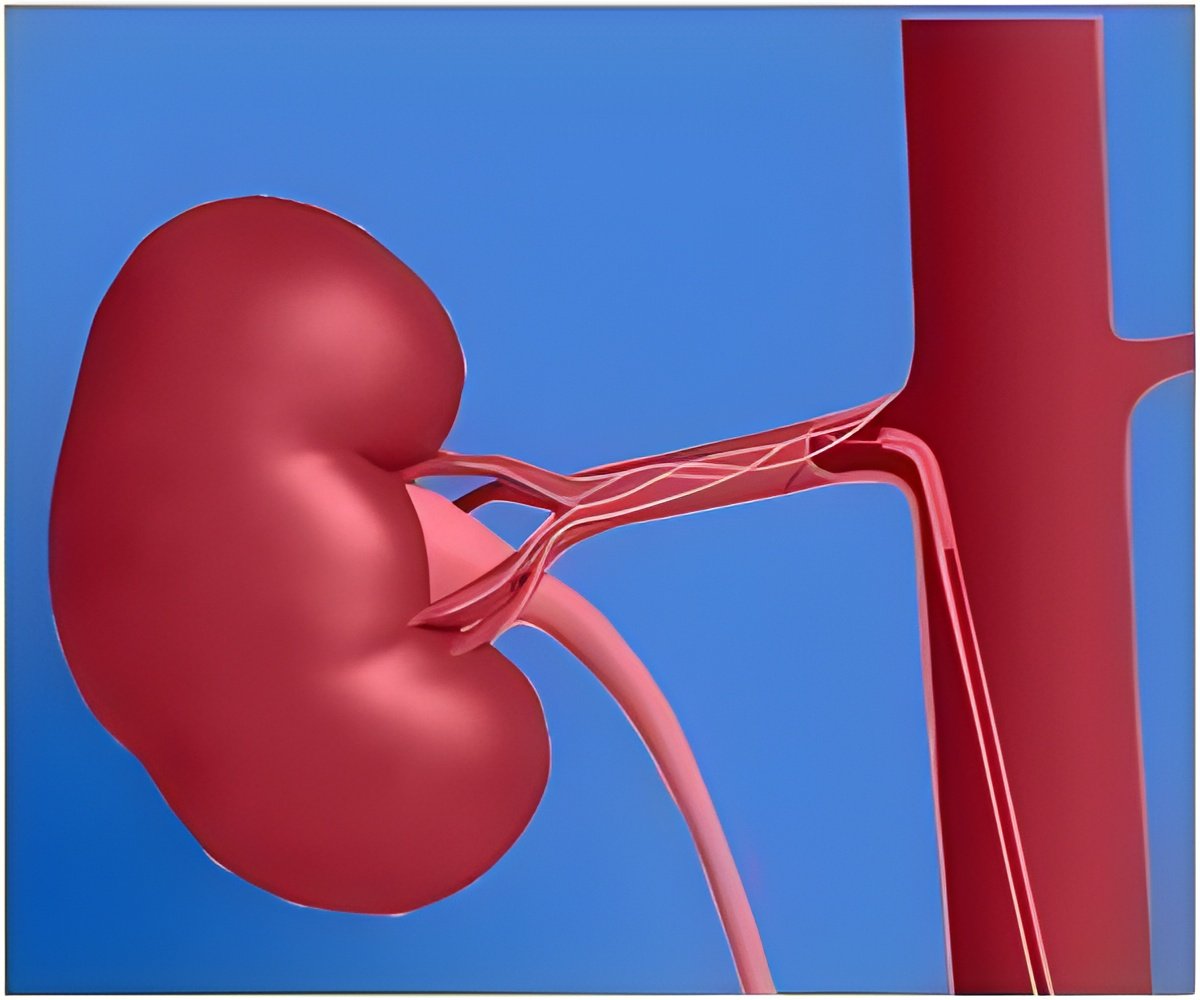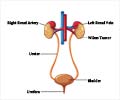Researchers have found that mutations in the CTR9 gene, which regulates when genes are switched on or off in cells, could play a role in the development.

Usually Wilms tumour only affects one child in a family, but very occasionally more than one child in a family develops the cancer. When this happens it indicates that hereditary genetic factors are likely to be involved.
The researchers studied the genes of 35 families with more than one case of Wilms tumour, recruited to the study through a network of collaborators from across the world. In six children, from three different families, they found CTR9 mutations that stopped the gene working properly. No similar mutations were present in 1,000 individuals without Wilms tumour.
The research is published today (Thursday) in the journal Nature Communications and is part of the Factors Associated with Childhood Tumours Study, which is funded by the Wellcome Trust, and aims to identify genetic causes of childhood cancers. The study was also supported by Cancer Research UK.
CTR9 is part of a multi-protein complex, known as PAF1, which regulates when genes are switched on and off. The PAF1 complex has many essential diverse roles in controlling cellular processes and organ development in the embryo. Interestingly, mutations of another gene in the complex, CDC73, have previously been shown to cause cancer, particularly of the parathyroid gland, but also occasionally Wilms tumour.
Study leader Professor Nazneen Rahman, Head of Genetics and Epidemiology at The Institute of Cancer Research, London, and Head of Cancer Genetics at The Royal Marsden NHS Foundation Trust, said: "This research adds further evidence that malfunctioning of the PAF1 complex can lead to cancer. We hope our findings will stimulate research into why and how this occurs and will lead to improved treatments for cancer."
Dr Michael Dunn, Head of Genetics and Molecular Science at the Wellcome Trust, said: "This is an excellent example of the power of genetics to discover new disease pathways. In the future similar research on these genes and others will open up important areas of research and ultimately lead to better screening and treatments for patients."
Source-Eurekalert
 MEDINDIA
MEDINDIA



 Email
Email










